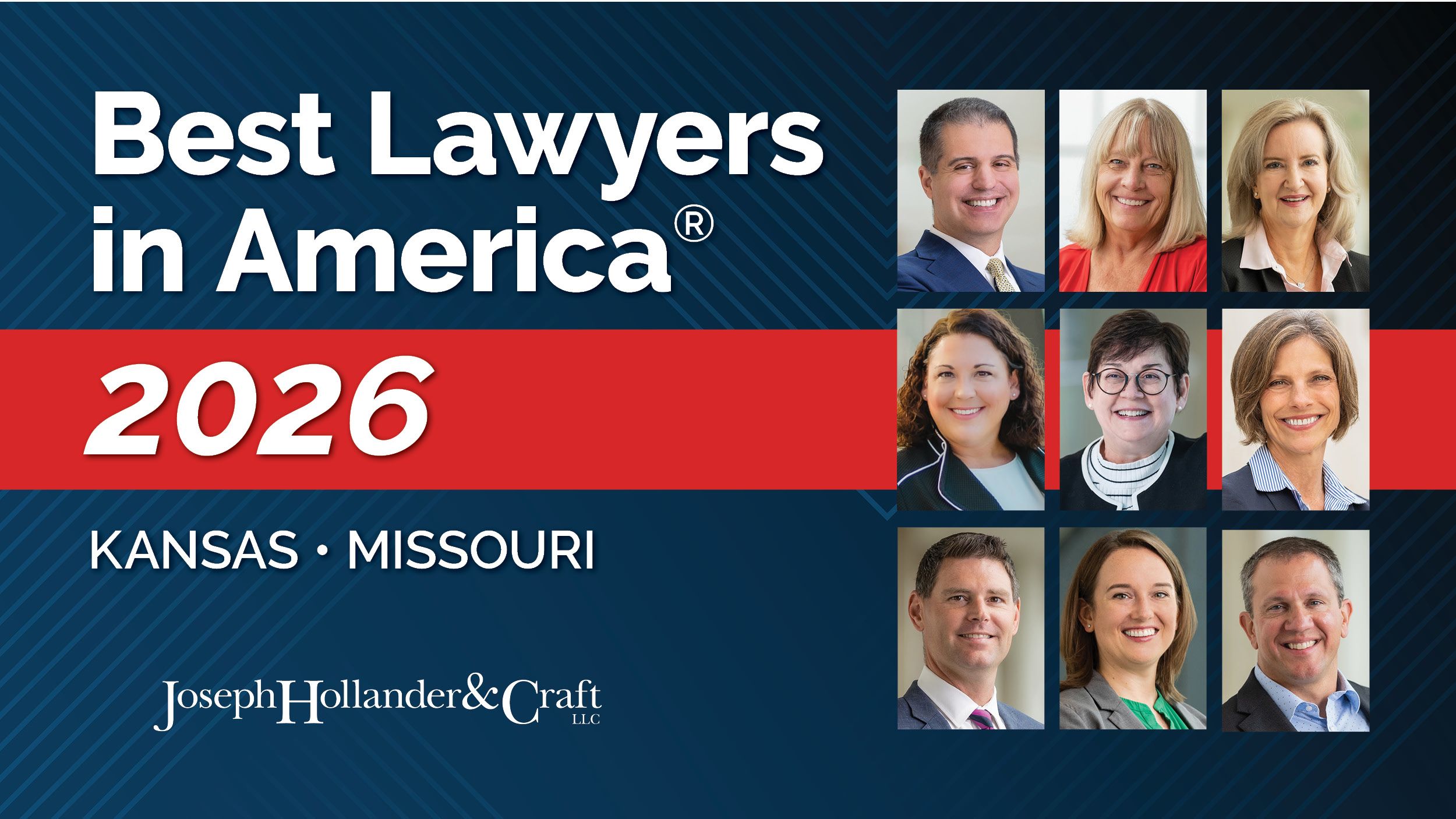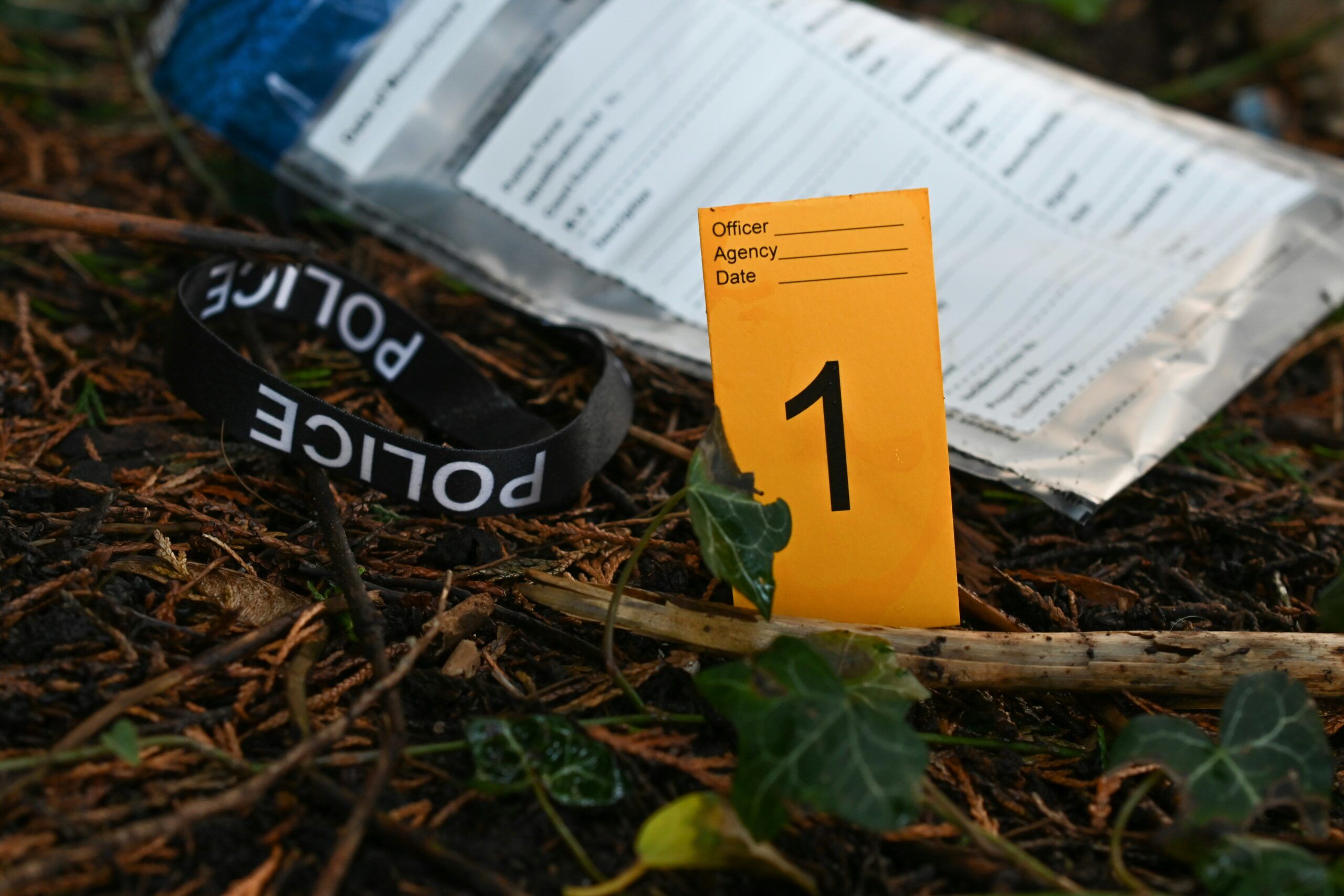Contents
- FEATURE ARTICLE: Are Lawyers “Enablers”?
- OLD AUTHORITY: Excerpt from Abraham Lincoln’s “Notes for a Law Lecture”
- ETHICS & MALPRACTICE RESEARCH TIP: Current Articles from St. Mary’s Journal on Legal Malpractice & Ethics
- BLAST FROM THE PAST: Excerpt from B. Fenner, Raising the Veil; or Scenes in the Court Bar
EDITED BY: Professor Mike Hoeflich
PUBLISHED BY: Joseph, Hollander & Craft LLC
September 30, 2022
FEATURE ARTICLE
Are Lawyers “Enablers”?
This month, David Enrich released a book called Servants of the Damned: Giant Law Firms, Donald Trump, and the Corruption of Justice. Enrich, who is The New York Times’ Business Investigations Editor, has produced a somewhat sensational account of the growing political and economic power of America’s largest law firms and called into question both the growing influence of these megafirms on American life and the ethical standards by which they operate. It is a book sure to evoke lively debate across the profession and the general public. While there is much in the book that one might question, it does raise some extremely important issues that all lawyers should consider.
A term Enrich introduces early in the book is particularly striking. He refers to some lawyers as “enablers” of their clients’ “bad behavior.” The term “enabler” is one that we rarely use when we discuss lawyers and their ethical duties. More often, we hear the term used in the context of addiction and codependency. But it is a thought-provoking term when applied to lawyers.
Although the lawyer-client relationship is central to the Rules of Professional Conduct, the Rules never specifically that relationship. Instead, they define various aspects of that relationship and set bounds to it. The underlying basis of the Rules is that lawyers have a fiduciary responsibility to their clients and that, above all, this responsibility manifests itself as the duty to be loyal to their clients and to maintain their clients’ confidences.
The duty of loyalty is most importantly expressed in the duty of diligence. KRPC 1.3 states:
A lawyer shall act with reasonable diligence and promptness in representing a client.
Comment 1 to KRPC 1.3 explains that:
A lawyer should pursue a matter on behalf of a client despite opposition, obstruction, or personal inconvenience to the lawyer, and may take whatever lawful and ethical measures are required to vindicate a client’s cause or endeavor. A lawyer should act with commitment and dedication to the interests of the client and with zeal in advocacy upon the client’s behalf. However, a lawyer is not bound to press for every advantage that might be realized for a client. A lawyer has professional discretion in determining the means by which a matter should be pursued. See Rule 1.2. A lawyer’s workload should be controlled so that each matter can be handled adequately.
According to this fundamental ethical rule, a lawyer “may take” whatever measures are required to represent his client’s cause within the law and ethical rules that exist. The key word here, of course, is “may.” The Comment makes it quite clear that a lawyer is not ethically required to take every step a client wishes to achieve the client’s goals but, rather, has discretion as to the means she uses to achieve these ends.
OLD AUTHORITY
Excerpt from Abraham Lincoln’s “Notes for a Law Lecture”
Abraham Lincoln is one of the most iconic figures in the history of American law. He was a successful lawyer and politician, one of the greatest Presidents our republic has had, and idolized for his simple country wisdom and high ideals. After his death, his secretaries found this fragment among his papers. It is dated July 1, 1850, but it may be from a later date. Regardless of its date, intended use, or incompleteness, it is a gift from a great lawyer to every lawyer fortunate enough to read it. Hence, we reprint it here this month.
Notes for a Law Lecture
I am not an accomplished lawyer. I find quite as much material for a lecture in those points wherein I have failed, as in those wherein I have been moderately successful. The leading rule for the lawyer, as for the man of every other calling, is diligence. Leave nothing for tomorrow which can be done to-day. Never let your correspondence fall behind. Whatever piece of business you have in hand, before stopping, do all the labor pertaining to it which can then be done. When you bring a common-law suit, if you have the facts for doing so, write the declaration at once. If a law point be involved, examine the books, and note the authority you rely on upon the declaration itself, where you are sure to find it when wanted. The same of defenses and pleas. In business not likely to be litigated — ordinary collection cases, foreclosures, partitions, and the like — make all examinations of titles, and note them, and even draft orders and decrees in advance. This course has a triple advantage; it avoids omissions and neglect, saves your labor when once done, performs the labor out of court when you have leisure, rather than in court when you have not. Extemporaneous speaking should be practised and cultivated. It is the lawyer’s avenue to the public. However able and faithful he may be in other respects, people are slow to bring him business if he cannot make a speech. And yet there is not a more fatal error to young lawyers than relying too much on speech-making. If any one, upon his rare powers of speaking, shall claim an exemption from the drudgery of the law, his case is a failure in advance.
Discourage litigation. Persuade your neighbors to compromise whenever you can. Point out to them how the nominal winner is often a real loser — in fees, expenses, and waste of time. As a peacemaker the lawyer has a superior opportunity of being a good man. There will still be business enough.
Never stir up litigation. A worse man can scarcely be found than one who does this. Who can be more nearly a fiend than he who habitually overhauls the register of deeds in search of defects in titles, whereon to stir up strife, and put money in his pocket? A moral tone ought to be infused into the profession which should drive such men out of it.
The matter of fees is important, far beyond the mere question of bread and butter involved. Properly attended to, fuller justice is done to both lawyer and client. An exorbitant fee should never be claimed. As a general rule never take your whole fee in advance, nor any more than a small retainer. When fully paid beforehand, you are more than a common mortal if you can feel the same interest in the case, as if something was still in prospect for you, as well as for your client. And when you lack interest in the case the job will very likely lack skill and diligence in the performance. Settle the amount of fee and take a note in advance. Then you will feel that you are working for something, and you are sure to do your work faithfully and well. Never sell a fee note — at least not before the consideration service is performed. It leads to negligence and dishonesty — negligence by losing interest in the case, and dishonesty in refusing to refund when you have allowed the consideration to fail.
There is a vague popular belief that lawyers are necessarily dishonest. I say vague, because when we consider to what extent confidence and honors are reposed in and conferred upon lawyers by the people, it appears improbable that their impression of dishonesty is very distinct and vivid. Yet the impression is common, almost universal. Let no young man choosing the law for a calling for a moment yield to the popular belief — resolve to be honest at all events; and if in your own judgment you cannot be an honest lawyer, resolve to be honest without being a lawyer. Choose some other occupation, rather than one in the choosing of which you do, in advance, consent to be a knave.
Available online at: https://www.abrahamlincolnonline.org/lincoln/speeches/lawlect.htm
ETHICS & MALPRACTICE RESEARCH TIP
Current Articles from St. Mary’s Journal on Legal Malpractice & Ethics
- John Browning, “Judged by the (Digital) Company You Keep Maintaining Judicial Ethics in an Age of Likes, Shares, and Follows,”12 St. Mary’s J. on Legal Malpractice & Ethics 222 (2022).
This is a fascinating and important article by a respected former judge and now law professor. Judge Browning’s analysis is of the ethical implications of social media use is important for every sitting judge.
- Warren R. Trazenfeld & Robert M. Jarvis, “Daubert/Kumho Tire and the Legal Malpractice Expert Witness,” 12 St. Mary’s J. on Legal Malpractice & Ethics 372 (2022).
When the Daubert and Kumho cases were first decided, they revolutionized the use of expert witnesses in a wide variety of malpractice cases—involving scientific or engineering issues. The new standards imposed by Daubert and Kumho have been less influential in legal malpractice cases. This article explores the use of the Daubert/Kumho standards for qualification of legal malpractice cases. Every lawyer involved in legal malpractice litigation should read this timely article.
BLAST FROM THE PAST
Excerpt from B. Fenner’s Raising the Veil; or Scenes in the Court
After accompanying the old gentleman home, and getting comfortably seated in his cosy sitting-room, the conversation commenced on the subject of “Attornies” and “Counsellors at Law.”
“It appears,” quoth the old gentleman, “that you do not have a very exalted opinion of your city lawyer.”
I replied, “Boston can boast of more distinguished legal gentlemen than any other city in the Union. We have quite a number of attornies that are ornaments to the profession. These are men who deal fairly and justly with their clients, who will not commence a suit in any case, unless they believe that they have a reasonable prospect of success, except where the client is some wealthy numskull, who wants to spend some four or five hundred dollars to gratify a feeling of malice, or for some other similar cause. It is of the miserable charlatans and imposters, who live by sucking the life blood from the poor and unfortunate, I complain. With many of our most enlightened citizens, it is paradoxical how so many of these pests manage to get admitted to the bar, and thus be allowed to practise in all the courts of Massachusetts. But this query is easily answered.
Fenner’s work, originally published in 1865, demonstrates that the debate about a lawyer’s proper role has been going on for centuries.
Ball Fenner, Raising the Veil; or Scenes in the Court, p. 43.
About LEMR
The Legal Ethics & Malpractice Reporter (LEMR) is a monthly publication covering current developments in ethics and malpractice law. This popular, free publication, with close to 8,000 current subscribers, was envisioned by KU Law professor Mike Hoeflich, who serves as the publication’s editor in chief. In partnership with Professor Hoeflich, JHC’s legal ethics and malpractice group is pleased to publish this monthly online periodical to help attorneys better understand the evolving landscape of legal ethics, professional responsibility, and malpractice.
View the LEMR archives
Get LEMR delivered to your inbox!
Make sure you don’t miss an issue of the Legal Ethics & Malpractice Reporter. Subscribe to our email list below to get a notification and digest of each edition as it is released.
About Joseph, Hollander & Craft LLC
Joseph, Hollander & Craft is a premier law firm representing criminal, civil and family law clients throughout Kansas and Missouri. When your business, your freedom, your property, or your career is at stake, you want the attorney standing beside you to be skilled, prepared, and relentless. From our offices in Kansas City, Lawrence, Overland Park, Topeka and Wichita, our team of 20+ attorneys has you covered. We defend against life-changing criminal prosecutions. We protect children and property in divorce cases. We pursue relief for victims of trucking collisions and those who have suffered traumatic brain injuries due to the negligence of others. We fight allegations of professional misconduct against doctors, nurses, judges, attorneys, accountants, real estate agents and others. And we represent healthcare professionals and hospitals in civil litigation.











